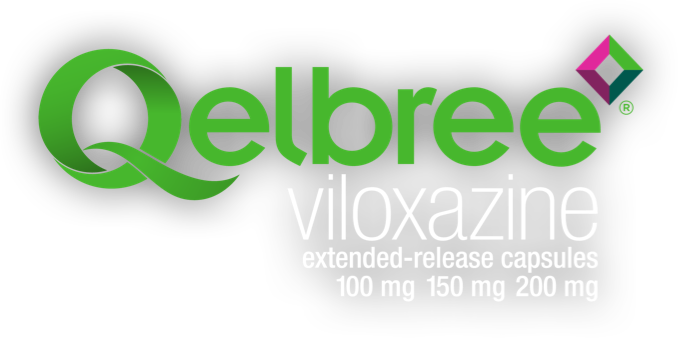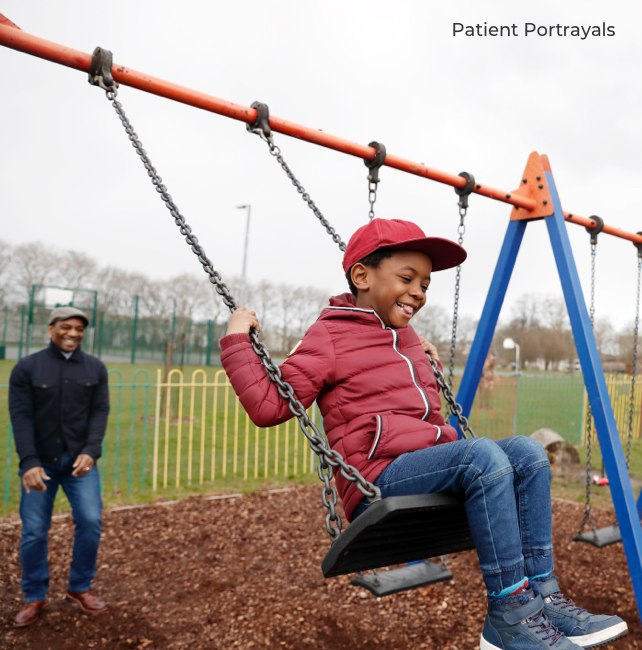
Discover an ADHD treatment that helps make symptoms
manageable
Qelbree is a non-stimulant ADHD medication that is an effective, safe*, and convenient treatment for attention deficit/hyperactivity disorder (ADHD) in children ages 6 to 17 years.
*Important: Monitor your child for mood or behavior changes. Your child’s doctor should also monitor for changes in blood pressure and heart rate.
Get Qelbree without leaving the house
The next step in obtaining a Qelbree prescription is just a few clicks away. Here’s what you’ll do when you get there:
1. Fill out an online health questionnaire
2. Connect with a doctor via virtual appointment*
3. Receive a prescription
* By clicking the button below, you are acknowledging the following: Medical assessments and prescribing decisions are carried out by independent physicians who have no affiliation with Supernus. It is the responsibility of patients to provide comprehensive and honest information, seek clarification when necessary, and adhere to the physician's recommendations. Please note that any fees paid to the physician do not benefit Supernus in any way.

QUICK QUESTION
Has your child been prescribed any of the following for ADHD?
Qelbree can help control your child's ADHD symptoms
Reasons to ask your doctor about Qelbree today:
Effective
Qelbree can help significantly reduce ADHD symptoms.
Safe
Qelbree was proven safe* in clinical trials and side effects were manageable when taken as directed.
Convenient
Qelbree can be taken once a day to treat ADHD symptoms.
*Important: Monitor your child for mood or behavior changes. Your child’s doctor should also monitor for changes in blood pressure and heart rate.

"I definitely had a feeling in myself that, ‘Oh, this is the medicine that I need to take."


The questions you want answered.
In clinical trials for patients 6-17 years, the most common side effects were sleepiness, not feeling hungry, feeling tired, nausea, vomiting, trouble sleeping, and irritability.
Qelbree met the goal of 3 different clinical trials – a significant reduction in ADHD symptom scores in 6 weeks. For some patients, Qelbree reduced ADHD symptom scores as early as week 1.
Commercially insured patients may pay as little as $20 per prescription†
†Terms and Conditions apply
Stay in the know
Join Qelbree Insider to receive Qelbree updates, personalized tips for supporting your child with ADHD, and other helpful resources for you and your child.

Before you head to the pharmacy
Download the Qelbree Savings Card. It’ll help your pharmacist confirm your insurance coverage and avoid unwanted substitutions. That way, refills are smoother going forward. Plus, you could pay as little as $20 per prescription.†
†Terms and Conditions apply
Join the community
When it comes to caring for a child with ADHD, parents and caregivers could use all the support they can get. Check out Qelbree on social for helpful tips, insights, and the chance to connect with other parents in the ADHD community.
Want to see what makes Qelbree effective, safe, and convenient?






